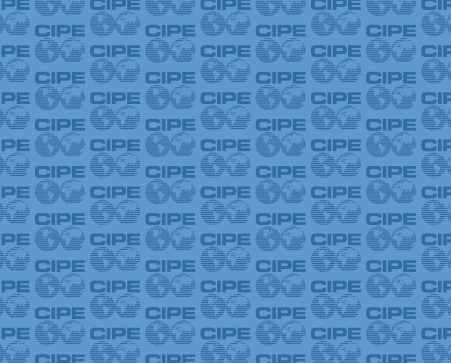
A few months back, Martin Friedl wrote about the impact that the Instituto Invertir’s LíderAcción program has had on improving youth’s perceptions of a market economy and democracy. LíderAcción, a leadership and entrepreneurship program for rural Peruvian youth, is also providing students with the tools to start their own business. Having only just finished its second year, the results in numbers are impressive:
3,600 = number of university students that have applied for the program
300 = number of rural university students who have completed the courses on democracy, free market economics, leadership and entrepreneurship
5,000+ = number of other university students and community members reached through the multiplicative efforts of LíderAcción students
78 = number of business plans developed with guidance from leading academics and business practitioners
20+ = number of actual businesses all over Perú that have been started by LíderAcción students
In a field that places a high priority on numbers, it is also interesting to look at how LíderAcción has directly impacted the lives of the students who lived it. In January I had the opportunity to travel to Lima, Peru to witness the third and final session of LíderAcción 2009. It was the perfect occasion to meet the students and hear their individual stories. One of my favorite testimonies comes from a participant in the 2008 program who recently opened his own business in Tacna.
“LíderAcción changed my life and my way of thinking. I was the kid who was always characterized by socialist ideals, but I no longer think that the real solution to changing the country is through strikes and protests against the government… instead we can begin to transform the world for ourselves. I no longer think that a populist government is the solution to the country’s problems, rather everyone should do their own part so that the country can improve in every aspect.”
All of the students with whom I spoke were grateful for the opportunity to participate in the program, given that opportunities for rural Peruvian youth are limited. The sense of motivation from all of the LíderAcción students ran extremely high. It was evident that the students were anxious to return to their own universities and communities to put their new leadership and entrepreneurial skills to the test. In fact, many of the 2009 students had already organized leadership courses for peers in their regions prior to attending the final session. Already, two students from the 2009 program are operating their own businesses.
After receiving certificates at the closing ceremony on January 21, the 100 students from the 2009 program and approximately 20 students who returned from the 2008 program – many of whom paid their own way to Lima just to be in attendance – formally created the Red de LíderAcción (Lideraccion Network), elected officers, and laid out bylaws. This alumni network will allow all of the students to maintain contact, discuss ideas, plan multiplicative events throughout the country, and will serve as a resource for sharing start-up funding opportunities.
In just two short years, the LíderAcción program has not only produced some impressive numbers, it is changing the lives of the next generation of Peruvian leaders and creating opportunities for sustainable democratic and economic development in Peru.
Stay tuned for a closer look at some of the businesses that have been created as a result of LíderAcción 2008 and 2009.
Published Date: February 22, 2010
